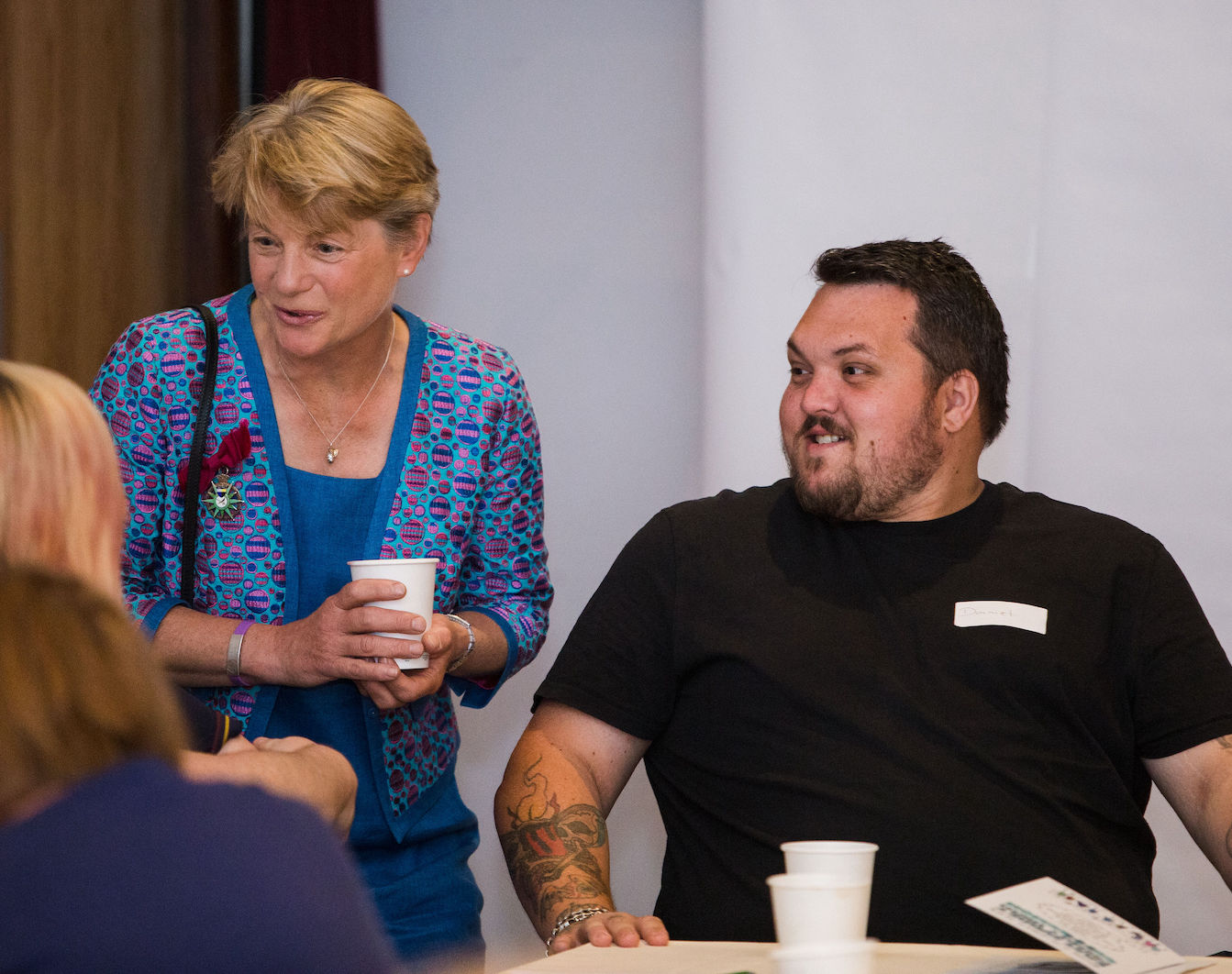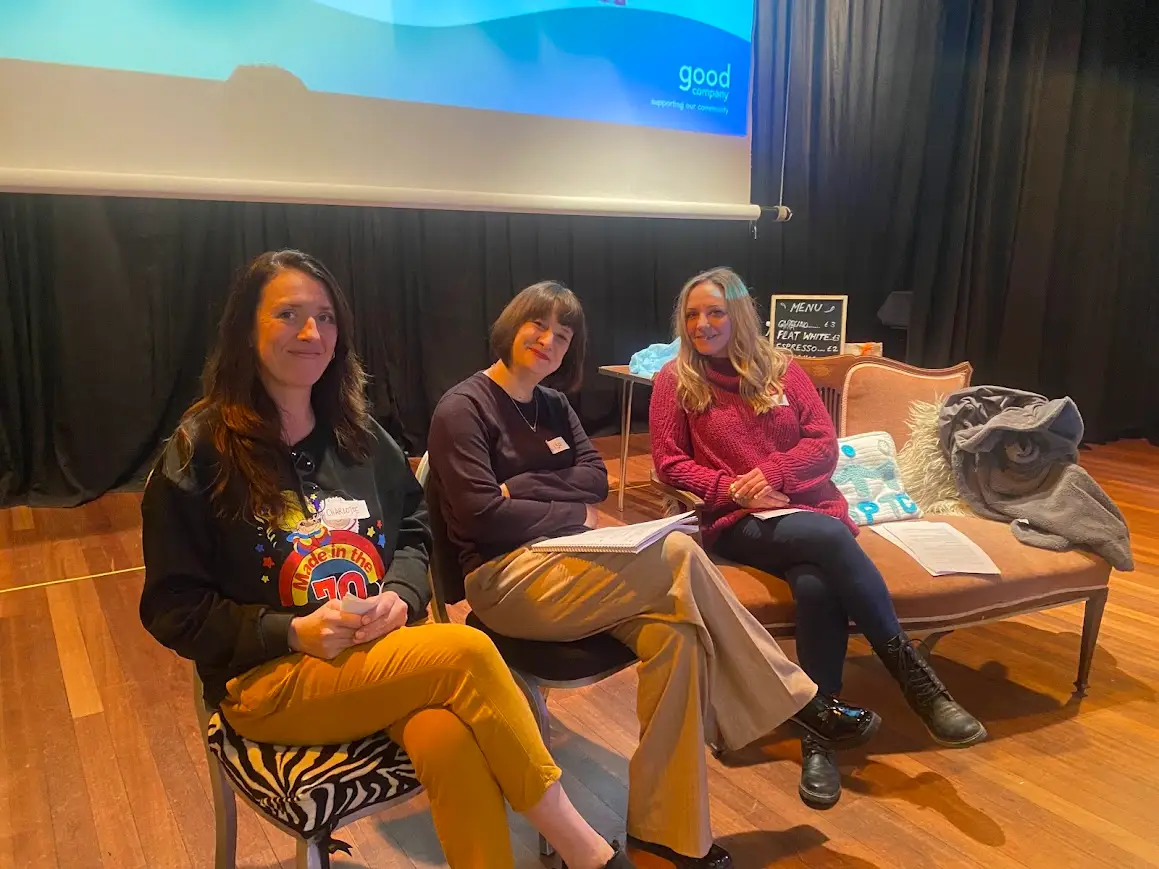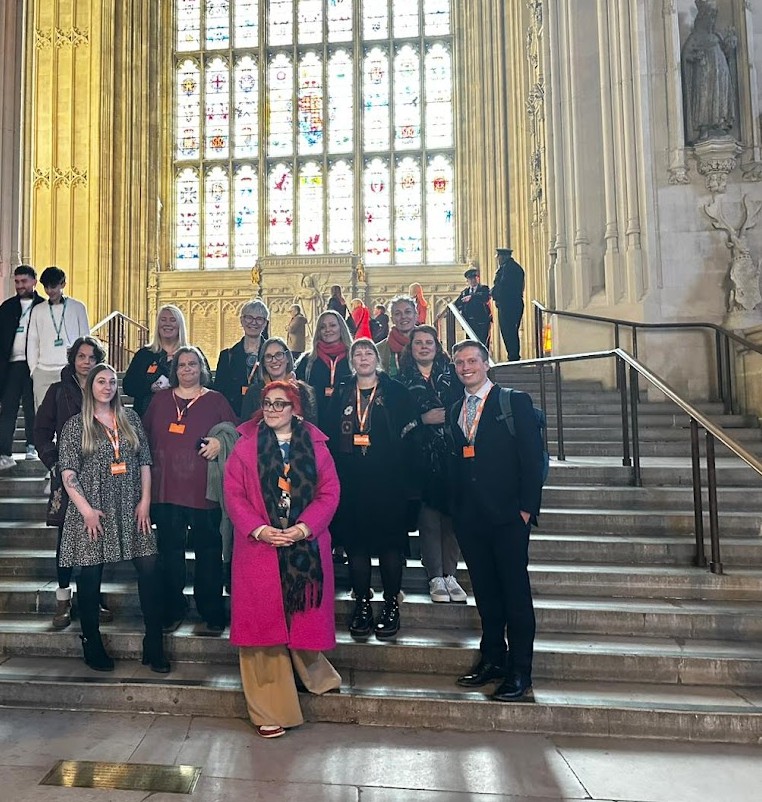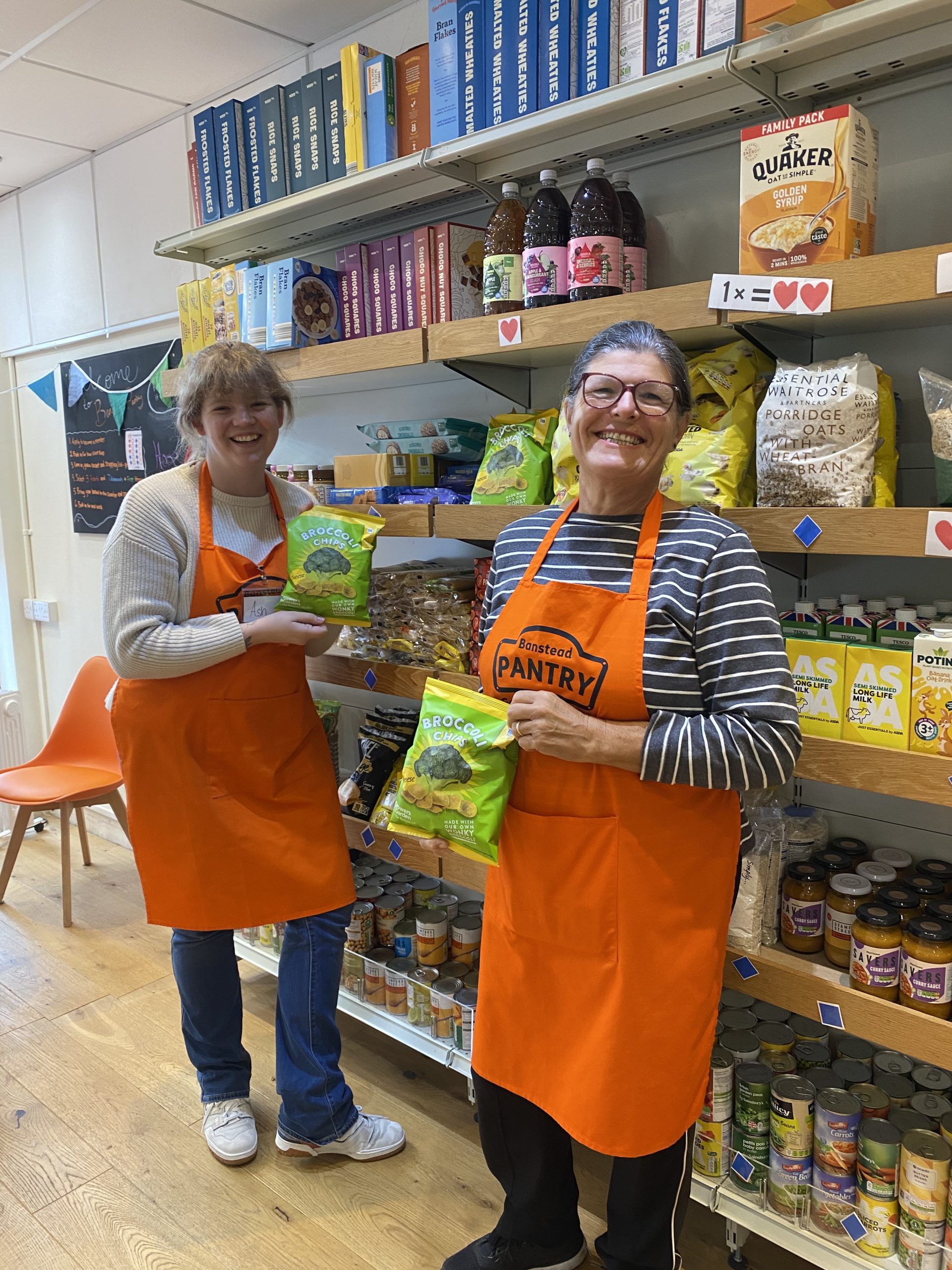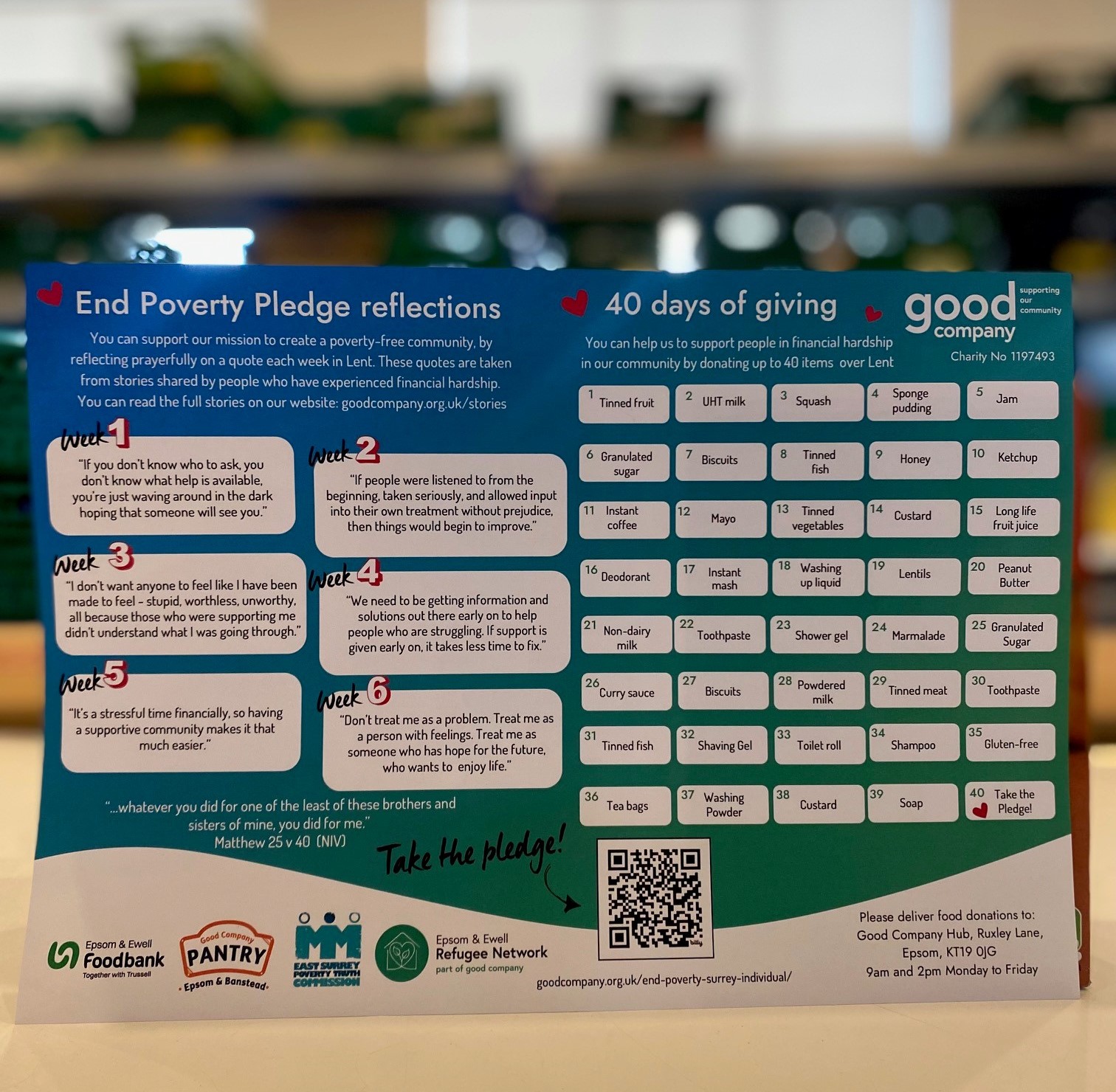Poverty Lead Tom Sefton writes about the next phase of the East Surrey Poverty Truth Commission……Whenever I go to one of our Foodbank centres, I am struck by how resilient people are in the face of adversity. As one of our clients said to me recently, “I think I’ve been through more in the past few years than most people have in a whole lifetime”, having experienced a bereavement, a divorce, poor health, and losing her job and home. But with this suffering comes a deeper understanding of poverty and wisdom about what is needed to help those affected by it.
That is why we are in the process of setting up the next East Surrey Poverty Truth Commission (ESPTC) – part of a network of around 20 PTCs across the country. As demand for our services has risen, we have been spending more time exploring how we can tackle the root causes of poverty and stem the growth in foodbank use. We are convinced that the answers lie in bringing together leaders from local organisations who make decisions that impact on people in poverty, with those who have first-hand experience of what it is like to survive on a low income.
A Poverty Truth Commission comprises two groups: around half the Commissioners will be people with lived experience of poverty. The other half will be senior representatives from local councils, housing associations, health care and education providers, businesses, and charities. Over the course of around 18 months, the two groups will work together to understand the issues affecting people in poverty and look for creative ways to address them.
PTCs are not a quick fix solution to poverty. “It’s more like a slow cooker than a microwave”, explains Jonathan Lees, the Founder of Good Company, who ran the first East Surrey PTC in 2019-2020. Listening to people, building relationships, and growing trust doesn’t happen overnight – but this investment of time and effort gradually changes the culture within local organisations and leads to much better solutions in the long-term.
On the back of the first East Surrey PTC, a local housing association introduced its Home Ready Scheme to prepare tenants before they move into their new home. As a result, tenants are now less likely to get into debt and evictions have gone down. The Commissioners also identified a problem with children being digitally excluded and responded by setting up a laptop recycling scheme in the middle of the pandemic, delivering more than 360 laptops to local schools. These are just two of the outcomes from the first ESPTC, and we look forward to many more positive changes from the next.
*If you work for a local organisation and you are interested in taking part in the next ESPTC, then please get in touch with us at poverty@goodcompany.org.uk. Together, we can help to create a poverty-free future for our part of Surrey.


